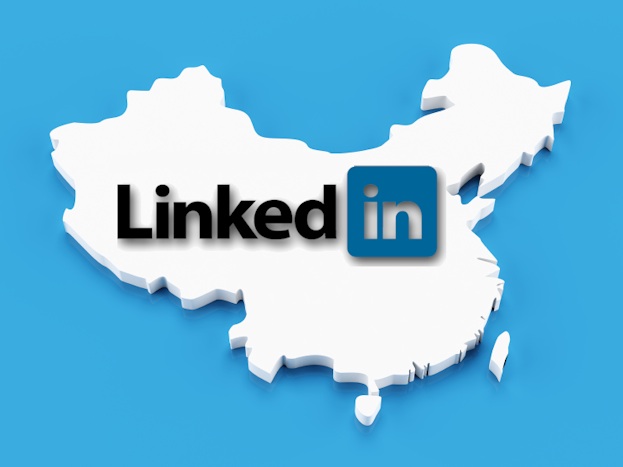To keep libidos active after menopause, some women take testossterione. It turns out that this may make them greedier.
Joe Pinsker wrires: Results of a study done by researchers at the University of Lausanne ecently published in The Leadership Quarterly suggest that people with high levels of testosterone were more likely to behave greedily.
There’s already a thorough body of research on how power contorts morality and reason. Power, it’s theorized, turns people selfish because it makes them feel entitled and emotionally detached. It can make them view others as less worthy, which is of course compounded by the finding that power can increase bias. Given also that power makes people feel immune to bad consequences, it makes sense that some of those in power do so many awful things.
Hormones are a less-scrutinized variable in moral decision making. High levels of testosterone have been linked to diminished generosity and empathy, but the connections between testosterone and corruption—defined by Lausanne’s researchers as ignoring social norms for personal gain at others’ expense—hadn’t been sketched until this study.
To trace this relationship, researchers designed two experiments—both variants of what’s called “the dictator game”—that culled subjects from a Swiss university. In the first setup, subjects were randomly assigned to be leaders or followers. Each leader was solely responsible for deciding how to distribute prize money given to the group. For example, leaders at one point chose between “$100 for me; $70 for you,” “$90 for me; $90 for you,” and “$150 for me; $10 for you.” These numbers were selected such that the more the leader chose the receive, the less his or her followers would get. The leaders with more power—that is, with more followers or more distribution choices—behaved more greedily.
The second experiment was more ambitious. Weeks before subjects were assigned leader/follower roles, they filled out a survey about the fairest way to distribute the money. The vast majority of people agreed that the “$100 for me; $70 for you” arrangement was fair—which allowed the researchers to declare that picking “$150 for me; $10 for you” would be violating a norm that everyone agreed on. Subjects also had their mouths swabbed to measure testosterone levels.
During the experiments, once subjects had been named either leaders or followers, they were frequently reminded of the survey results, making them aware of what their peers expected of them. When leaders’ power over a situation was relatively low, roughly half of them stayed true to the social norms they helped develop; this dropped to 19 percent when they were given more power. Also, the greediest behavior was linked to high baseline levels of testosterone.
Susan Case, a professor of organizational behavior at Case Western notes that the average age of the subjects is about 21 years—an age too collegiate to use in generalizing about the corporate world.
From the Lausanne study, it’s not clear whether testosterone levels control corrupt behavior, or whether high levels of it are linked to the presence of some other physiological feature that does.
David Mayer, a management professor at the University of Michigan, points out that this research is similar, in spirit, to fMRI studies indicating which parts of the brain light up when a certain decision is made.
Indeed, what can be done to make business executives more likely to act with the public good in mind? Iit appears the best way to curb selfish behavior is to turn away from hormones and toward oneself. “Being self-aware … actually reduces people’s tendency to morally disengage from the tasks they are doing and act with greater integrity,” says Fordham University’s Kyle Emich. Specifically, Emich recommends installing mirrors in the offices of the powerful—”so people are forced to look at themselves,” he says.










